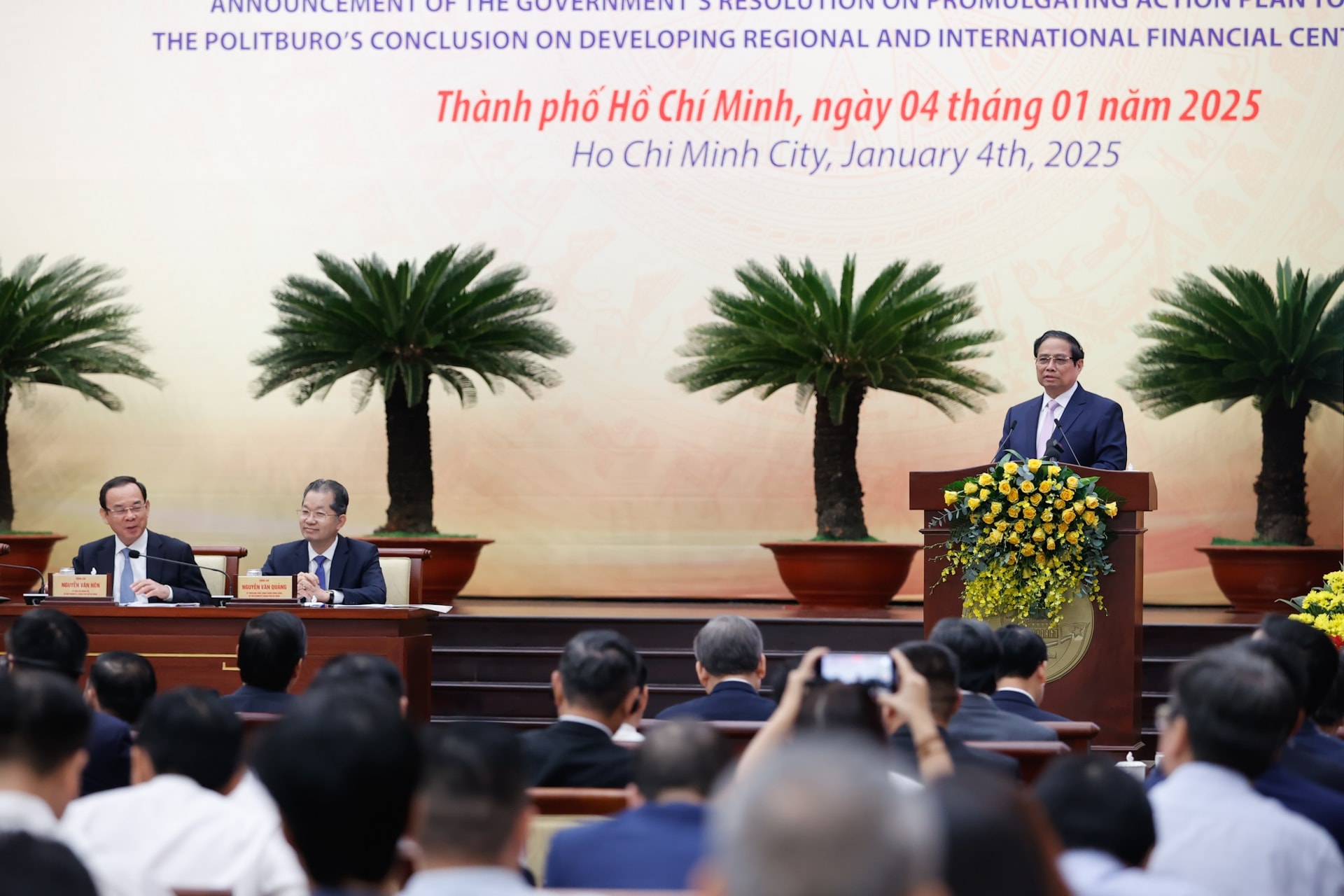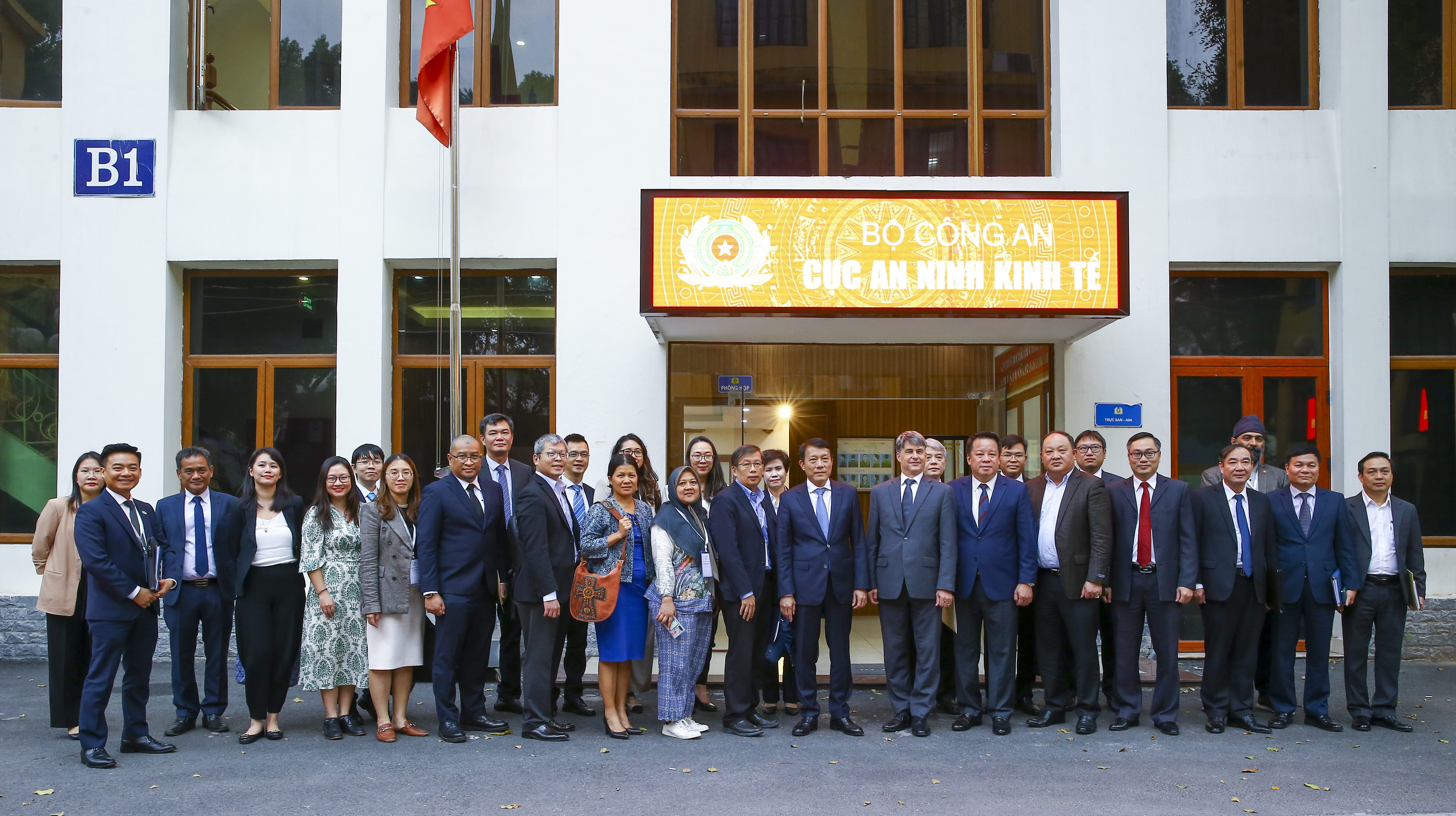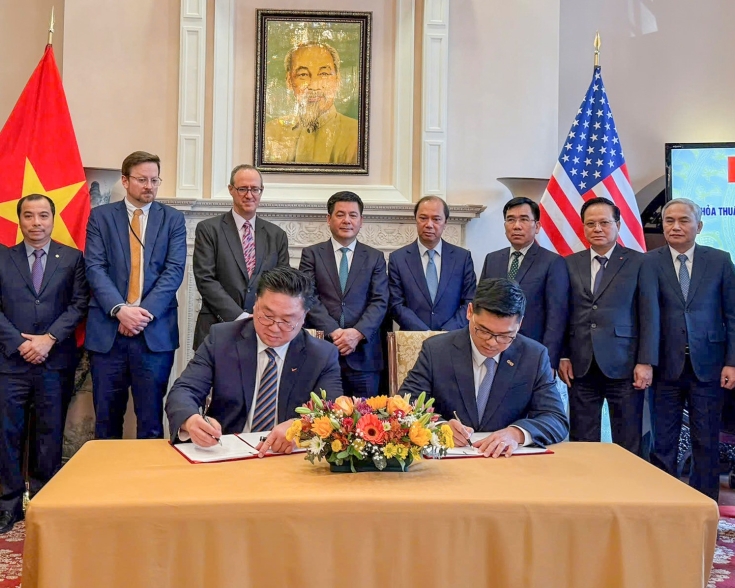Vietnam's Strategic Push for Regional and International Financial Centers

In November 2024, Vietnam’s Politburo approved the establishment of an international financial center in Ho Chi Minh City and a regional financial center in Da Nang. Shortly after, the government issued Resolution 259/NQ-CP, outlining the action plan for implementing the Politburo's conclusion on the development of a regional and international Financial Center (the “Action Plan”). To oversee this process, an inter-agency Steering Committee was established, chaired by Prime Minister Pham Minh Chinh, with Permanent Deputy Prime Minister Nguyen Hoa Binh serving as the Standing Deputy Head. The Action Plan was formally announced on January 4, 2025, during a conference chaired by Prime Minister Chinh in Ho Chi Minh City.
In addition, a draft resolution on the establishment of regional and international financial centers (the “Draft Resolution”) is being prepared by the Ministry of Planning and Investment and will be submitted to the National Assembly in May 2025.
Ho Chi Minh City has proposed developing a financial center in District 1 and the Thu Thiem new urban area, capitalizing on its status as an economic hub and ongoing infrastructure developments, including a US$67 billion high-speed rail project connecting Hanoi and Ho Chi Minh City. The city's 2021–2030 master plan also includes expanding energy, biotech, and semiconductor production. Meanwhile, Da Nang has proposed a multi-component ecosystem in the core area of Vo Van Kiet and Vo Nguyen Giap streets, spanning over six hectares, with potential for expansion into a financial district. Located in central Vietnam, the Danang center will offer nationwide access to financial services, reduce reliance on a single financial hub, and specialize in green finance, trade facilitation, and fintech. It will also serve as an innovation lab, testing new financial technologies and integrating them into Ho Chi Minhi city’s established ecosystem.
The Government's Action Plan outlined five key objectives including: 1) Developing modern financial infrastructure; 2) Attracting top financial experts; 3) Innovating financial instruments like green finance and fintech; 4) Collaborating with global financial institutions; and 5) Ensuring financial security.
Under the Draft Resolution, several tax incentives has been introduced to attract foreign investors and high-skilled experts, such as:
Managers, scientists, and experts with high professional qualifications working at the financial centers will be exempted from personal income tax (PIT).
Other individuals working at financial center management agencies or financial center member organizations will be exempted from PIT until the end of 2035 and will receive a 50% reduction the taxable income in subsequent years.
Investments in prioritized sectors within the financial centers benefit from a 10% corporate income tax (CIT) rate throughout the project duration. Investments in other sectors within the financial centers are eligible for a 10% CIT rate for the first 15 years. Additionally, these investments are exempt from tax for 4 years and receive a 50% reduction in tax payments for the subsequent 9 years, starting from the date taxable income is recorded.
Income from investments by Forbes 500 companies (listed by year-end before their investment certificate), and fully foreign-owned financial institutions and funds, will be tax-exempt for additional 2 years, with a 50% reduction for the next 4 years.
In addition to financial incentives, supportive immigration policies have been introduced to enhance the business environment for these financial centers. Foreign passport holders investing in or working at a financial center, along with their families, will be issued multiple-entry visas or exempted from entry visas for up to 30 days when working with financial center management agencies.
Notably, under the Draft Resolution, fintech is highlighted as a key sector, with a focus on implementing a “controlled sandbox” policy for virtual assets and cryptocurrencies. Starting July 1, 2026, transactions involving virtual assets and cryptocurrencies will be allowed, subject to licensing, management, and risk oversight by the financial centers’ Management and Operations Committee.










